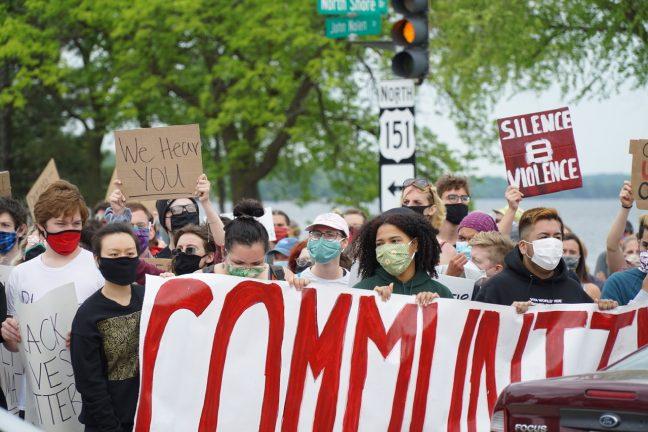The City of Madison held the first meeting of the President’s Task Force on Critical Issues Impacting the Black Community on Thursday to discuss gun violence and scarce resources among Black communities in hopes of implementing new strategies to eradicate systemic issues.
During the virtual meeting, Madison City Council President Sheri Carter was appointed chair of the task force and University of Wisconsin Clinical Associate Professor Jon Douglas was named co-chair.
Carter said the group should invite the Madison Police Chief Vic Wahl to a future meeting to hear some insights on gun violence in the community.
“You know, from 2016 going into 2017, we had the most shots fired until right now,” Carter said. “So, what happened in between 2017 and now that caused that uprising again?”
In addition to analyzing the underlying causes of these issues, group members shared stories that conveyed the prevalence of similar problems in their everyday lives.
Carter said she had a Black friend who struggled while trying to create a new life after prison. Subsequently, Carter recommended the task force work on ways to ease life after prison by helping find jobs and safe homes for formerly incarcerated individuals.
The task force also discussed the disproportional effects of COVID-19 on Black communities, considering the types of work, income levels and amount of resources allotted to them. CEO of the Urban League of Greater Madison Ruben Anthony Jr. highlighted the importance of helping those in need who have been negatively impacted by the virus.
“You know, most of our people are doing those essential jobs, and they are on hourly wages,” Anthony said. “And so if they don’t go in, they don’t get paid, and so they have to go and face [people] on the front line.”
Douglas suggested bringing in a COVID-19 expert to a future task force meeting to provide statistics and insight on how the virus disproportionately affects Black communities.
The group agreed inviting experts as speakers to the task force in the future would create a learning environment that would encourage critical thinking and problem-solving in their decision-making.


